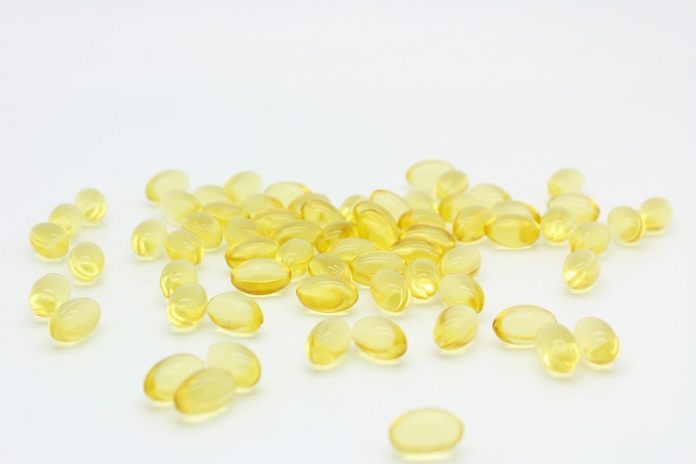
Brain injuries, such as concussions and traumatic brain injury (TBI), pose significant challenges in terms of treatment.
Despite extensive clinical studies, an effective strategy for addressing these injuries remains elusive.
However, exciting research and clinical experiences have shed light on a potential breakthrough: the role of omega-3 fatty acids (n-3FA) in benefiting patients with TBI, concussions, and post-concussion syndrome.
In this article, we explore how omega-3s might hold the key to improving outcomes for individuals with brain injuries.
Recent findings suggest that consuming omega-3 fatty acids in higher amounts, especially soon after a brain injury, may have the potential to enhance recovery.
Omega-3s are healthy fats that are essential for our overall well-being. They are commonly found in fish like salmon and in supplements.
When it comes to brain injuries, studies conducted on animals have shown promising results.
To further support this idea, let’s take a look at three remarkable case studies. These examples involve individuals who experienced severe brain injuries in different accidents: a mining accident, a motor vehicle accident, and a drowning incident.
In each case, the patients received omega-3 fatty acids as part of their treatment. The remarkable part? They exhibited positive outcomes in terms of safety, tolerability, and brain recovery.
Based on growing clinical experience, many medical professionals believe that saturating the brain with high doses of omega-3s is crucial for initiating the healing process.
Omega-3 fatty acids provide the brain with essential nutrition that supports its recovery. It’s important to note that omega-3s are not a cure or a magical solution for everyone, as responses to treatment may vary.
Nevertheless, providing optimal nutrition levels through omega-3 supplementation offers patients the best chance to regain as much function as possible following a brain injury.
In conclusion, omega-3 fatty acids have emerged as a potential game-changer in the treatment of concussions and traumatic brain injury.
Research and case studies demonstrate that incorporating omega-3s into the recovery process may lead to improved outcomes for individuals with brain injuries.
While further studies are needed, the evidence suggests that omega-3s could play a vital role in supporting brain health. By unlocking the healing potential of omega-3 fatty acids, we may be one step closer to enhancing the recovery of patients with brain injuries.
Citation: Lewis MD. (2016). “Concussions, Traumatic Brain Injury, and the Innovative Use of Omega-3s.” Journal of the American College of Nutrition, 35: 469 DOI: 10.1080/07315724.2016.1150796.



